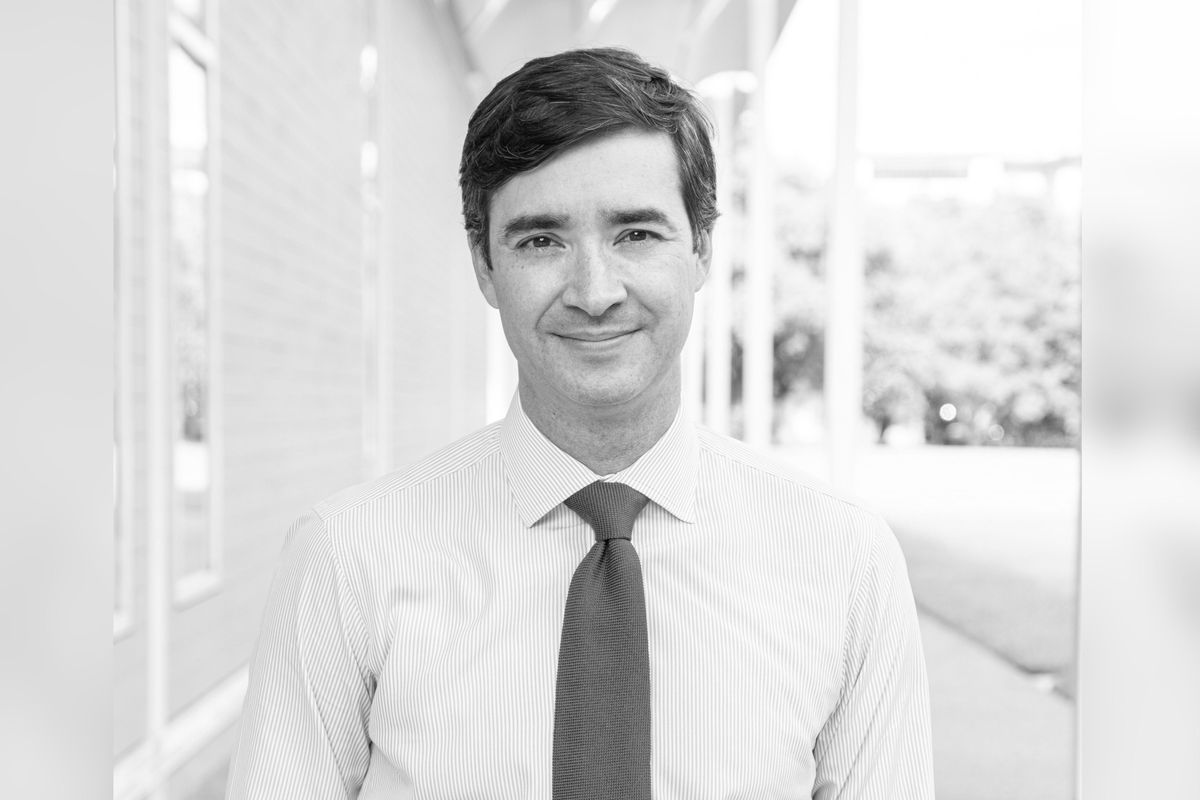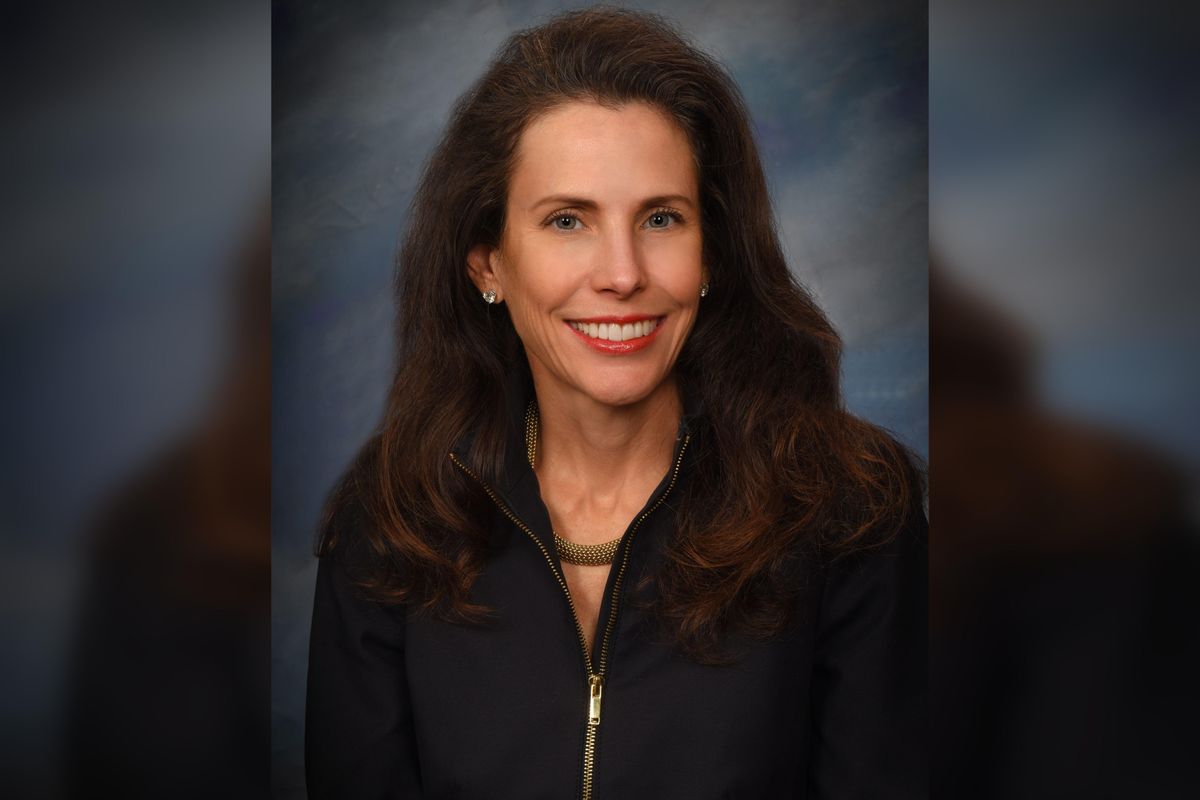It's been a busy week with virtual SXSW, spring break, and more. For this reason, some of Houston's innovation news may have fallen through some of the cracks.
In this roundup of short stories within Houston innovation, a Houston startup grows its C-suite, a local accelerator application deadline looms, the latest news from The Ion, and more.
Baker Botts doubles down on The Ion
![]()
The Ion has a new founding partner. Courtesy of Rice University
Houston's rising innovation hub, The Ion, has named Houston-based Baker Botts as the latest founding partner, alongside previously announced partners Microsoft and Chevron Technology Ventures.
"Today's announcement not only solidifies Baker Botts' investment in The Ion and the programs we are activating, but is a commitment to growing Houston's innovation ecosystem," says Jan E. Odegard, interim executive director of The Ion, in a news release. "Baker Botts' work with The Ion has already helped countless entrepreneurs get their work off the ground, and we are excited for their support as we continue to accelerate innovation and connect communities to build sustainable and inclusive economic growth in Houston."
Baker Botts has agreed to the following partnership opportunities with the Ion:
- Provide in-kind services to this year's Houston Startup Showcase Winner
- Offer on-site presence to support The Ion's various community members and provide substantive programming to startups
- Host legal programming and workshops for The Ion's Accelerator Hub members
- Expand gateway events including The Ion's Family Tech Night and Plaza Tec series
"Given our market-leading strengths in Houston, this is an exciting opportunity for the firm," says John Martin, managing partner of Baker Botts, in the release. "Our participation with The Ion brings together lawyers across our corporate venture capital, energy tech, IP and other practices to work closely with a range of cutting-edge companies at the heart of the Texas startup ecosystem."
GoExpedi recruits new CTO from big tech

GoExpedi has a new CTO. Photo courtesy of GoExpedi
Houston-based GoExpedi — a B2B e-commerce, supply chain and analytics company — recently hired global engineering executive Yang Tang as CTO. Tang has more than 20 years of experience leading technology and product teams at both startups and corporations, including Anheuser-Busch InBev (AB InBev) and at Walmart eCommerce's operations.
"After an extensive search to find one of the most accomplished product leaders of our time, we are excited to introduce Tang as the new head of our technical operations and state-of-the-art supply chain model," says Tim Neal, GoExpedi's CEO, in a news release. "His history of excellence in the e-commerce space is beyond reproach. He brings unparalleled expertise having managed global projects with an emphasis on e-commerce development and digital engineering for some of the world's most reputable brands. With his leadership, vision, and technical expertise, we are primed to launch into the next stage of our company's development as we expand our offering of new digital and consumer-friendly solutions."
In his position, Tang will oversee the design and execution of GoExpedi's technology, product, and data roadmaps.
"I am pleased to help the manufacturing and energy industries reimagine industrial supply chain with the brightest minds in technology, MRO procurement and oil and gas," says Tang in the release. "I was fortunate to contribute to the e-commerce renaissance that exploded in the consumer space over the last few years and am eager to apply what I have learned to the industrial sector. I look forward to collaborating with the team at GoExpedi to drive continuous improvements in all aspects of the industrial supply chain."
Last fall, GoExpedi closed a $25 million series C round with plans to hire.
Houston startup named a winner at $6M COVID-testing competition
Houston-based Steradian Technologies, Inc. was named among the winners of XPRIZE Rapid Covid Testing competition, an international innovation challenge that called for solutions for high-quality, affordable COVID-19 testing.
"We are extremely excited to create high-tech diagnostic solutions that are rapid, inexpensive, and accurate to create healthcare accessibility and equity for everyone, irrespective of any financial, geopolitical, or socioeconomic barriers. COVID-19 detection is our near-term goal, and we're looking forward to the possibilities of ubiquitous testing for all," says Asma Mirza, CEO and co-founder of Steradian Technologies, in a news release.
Steradian Technologies is "developing a product that created human super-sight via the startup's proprietary optics," according to the release, and pivoted its technology to create the RUMI diagnostic system, which uses Steradian's technology to look at photonics to detect disease biomarkers within a user's breath within 30-seconds.
"The COVID-19 pandemic has shown us that we need to be more prepared as a nation and as a global community for future viral threats. The rapid development of vaccines has been achieved through incorporating new technologies, and diagnostic tech needs to do the same. Our goal has been just that. We wanted to create a diagnostic tool that could be fast, accurate, and easy to use and could be widely deployed," says John Marino, co-founder and chief of product development, in the release. "We know that COVID-19 won't be the last threat of this kind and are developing a solution that can easily adapt to any new pathogen. We are extremely grateful to have been recognized by XPRIZE for our effort."
Houston entrepreneur to pitch with Techstars
![]() Amanda Ducach, founder and CEO of SocialMama
Amanda Ducach, founder and CEO of SocialMamaAmanda Ducach, founder of SocialMama, is expecting to pitch at Techstars Austin. Photo courtesy of SocialMama
Houston-based consumer tech company, SocialMama, which connects mothers virtually via an app, was accepted into the Techstars Austin program for 2021. Founder Amanda Ducach will be presenting at the recently announced Techstars Austin virtual Demo Day on March 24.
SocialMama's Techstar Austin cohort colleagues include: BallBox, Inc (Chicago, IL), Enlightapp (Fargo, ND), Fêtefully (Dallas, TX), hampr (Lafayette, LA), Kousso (Charlotte, NC), Livo (Coral Gables, FL), Mowies (Medellin, Colombia), Nutritional Freedom (Austin, TX), and Talk Howdy (Austin, TX).
Registration is free and open online.
MassChallenge Houston's applications open for two more weeks
![]()
Photo courtesy of MassChallenge
MassChallenge Texas has opened applications for it's next cohort in Houston. The equity-free, no-cost program is seeking startups across industries that have raised less than $1 million in funding and less than $2 million in revenue to apply. The program provides startups mentorship, corporate partnerships, curriculum, and more.
The deadline to apply is March 31 by midnight. If interested, entrepreneurs can apply for free with the code "MC21INNOMAP." Click here to learn more and apply.











 Apple doubles down on Houston with new production facility, training centerPhoto courtesy Apple.
Apple doubles down on Houston with new production facility, training centerPhoto courtesy Apple.





